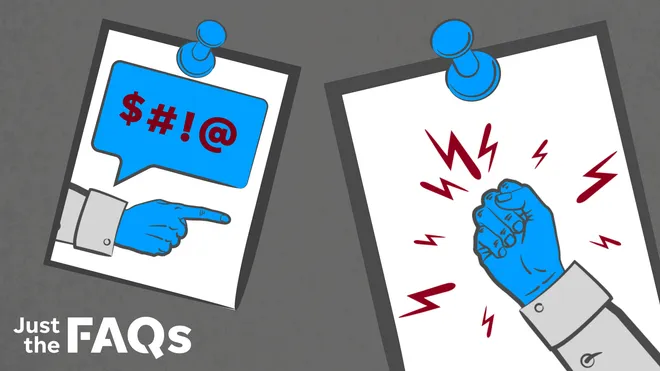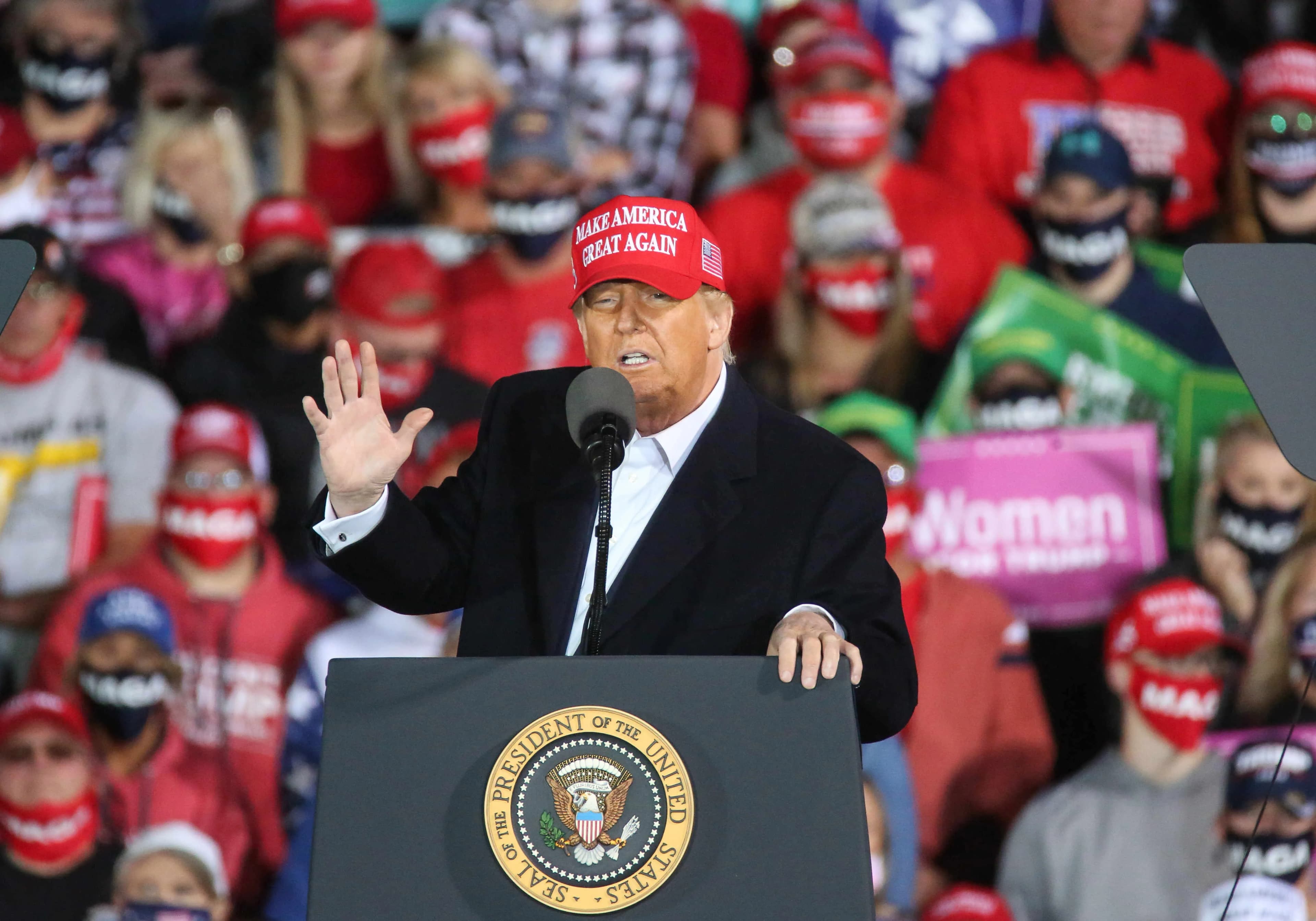The recent comments made by former President Donald Trump during his "Salute to America" speech in Des Moines have ignited outrage, not only for their offensive nature but also for the broader context of rising antisemitism across the United States. In a shocking display of insensitivity, Trump jokingly described dishonest bankers as "shylocks," a term deeply rooted in antisemitic stereotypes stemming from Shakespeare"s "Merchant of Venice."
ADL Condemns Trump"s Use of Antisemitic Language
The Anti-Defamation League (ADL) swiftly condemned Trump"s remarks, labeling them as "very troubling and irresponsible." This statement underscores the normalization of antisemitic tropes in political discourse, a trend that has been escalating in recent years. According to the ADL"s report, the number of antisemitic incidents surged to 9,354 in 2024, reflecting a staggering 344% increase over the last five years. The implications of Trump"s rhetoric are not just confined to social media backlash; they resonate through communities already grappling with hate crimes and discrimination.
Historical Context of the Shylock Stereotype
Shylock, the character in Shakespeare"s play, has long been a symbol of the negative portrayal of Jewish moneylenders, reinforcing harmful stereotypes that have persisted for centuries. Trump"s invocation of this term in a casual, comedic context trivializes the historical suffering of Jewish communities and perpetuates dangerous narratives. The transformation of the term "shylock" from a character in literature to a slur for loan sharks illustrates how cultural references can morph into tools of discrimination, as reported by History.com.

Battling hate speech online
The Economic Implications of Antisemitic Rhetoric
When leaders like Trump use language that normalizes hate, it has real economic consequences. Communities targeted by such rhetoric often face increased social and economic marginalization. The Jewish community, already under siege from rising hate crimes, bears the brunt of economic repercussions tied to societal discrimination. According to ADL, the financial impact of antisemitism can be seen in diminished economic opportunities and heightened barriers to accessing financial services. The rhetoric encourages a culture where prejudice leads to economic exclusion.
Public Reaction and the Role of Accountability
The backlash against Trump"s comments has been immediate and fierce, with various organizations and public figures demanding accountability. Halie Soifer, CEO of the Jewish Democratic Council of America, articulated the sentiment of many when she stated, "Donald Trump just referred to bankers using a centuries-old antisemitic slur and trope." The call for accountability in political rhetoric is a necessary step in combating the normalization of hate. As public figures play an influential role in shaping societal attitudes, their words carry weight that can either uplift or harm marginalized communities.

Hate crimes hit record levels in 2023: Why 2024 could be even ...
The Broader Context of Hate Crimes in America
Trump’s comments come against a backdrop of increasing hate crimes not only against Jews but across various marginalized groups. The 2024 ADL report highlights a 5% increase in antisemitic incidents from the previous year, part of a broader trend that indicates a normalization of bigotry. This normalization often begins with language that is seemingly innocuous but carries the weight of historical prejudice. The urgency of addressing this issue is underscored by the fact that 52% of American Jewish voters believe that Trump is antisemitic, as reported by Jewish Democratic Council of America.

![[Video] Anti-ICE Protester Pepper Sprayed as CBP Agents Disperse Crowd in Minneapolis](/_next/image?url=%2Fapi%2Fimage%2Fthumbnails%2Fthumbnail-1768260677127-y71sb7-thumbnail.jpg&w=3840&q=75)

![[Video] Several injured as U-Haul truck drives through Iranian protestors in Los Angeles](/_next/image?url=%2Fapi%2Fimage%2Fthumbnails%2Fthumbnail-1768176682028-q95y6j-thumbnail.jpg&w=3840&q=75)
![[Video] Scuffle breaks out between Trump supporters and Anti-ICE protesters in Times Square](/_next/image?url=%2Fapi%2Fimage%2Fthumbnails%2Fthumbnail-1768165958203-hgcgb-thumbnail.jpg&w=3840&q=75)


![[Video] Gunfire between Iraqi security forces and Sadr militias in Baghdad](/_next/image?url=%2Fapi%2Fimage%2Fthumbnails%2Fthumbnail-1768343508874-4redb-thumbnail.jpg&w=3840&q=75)
